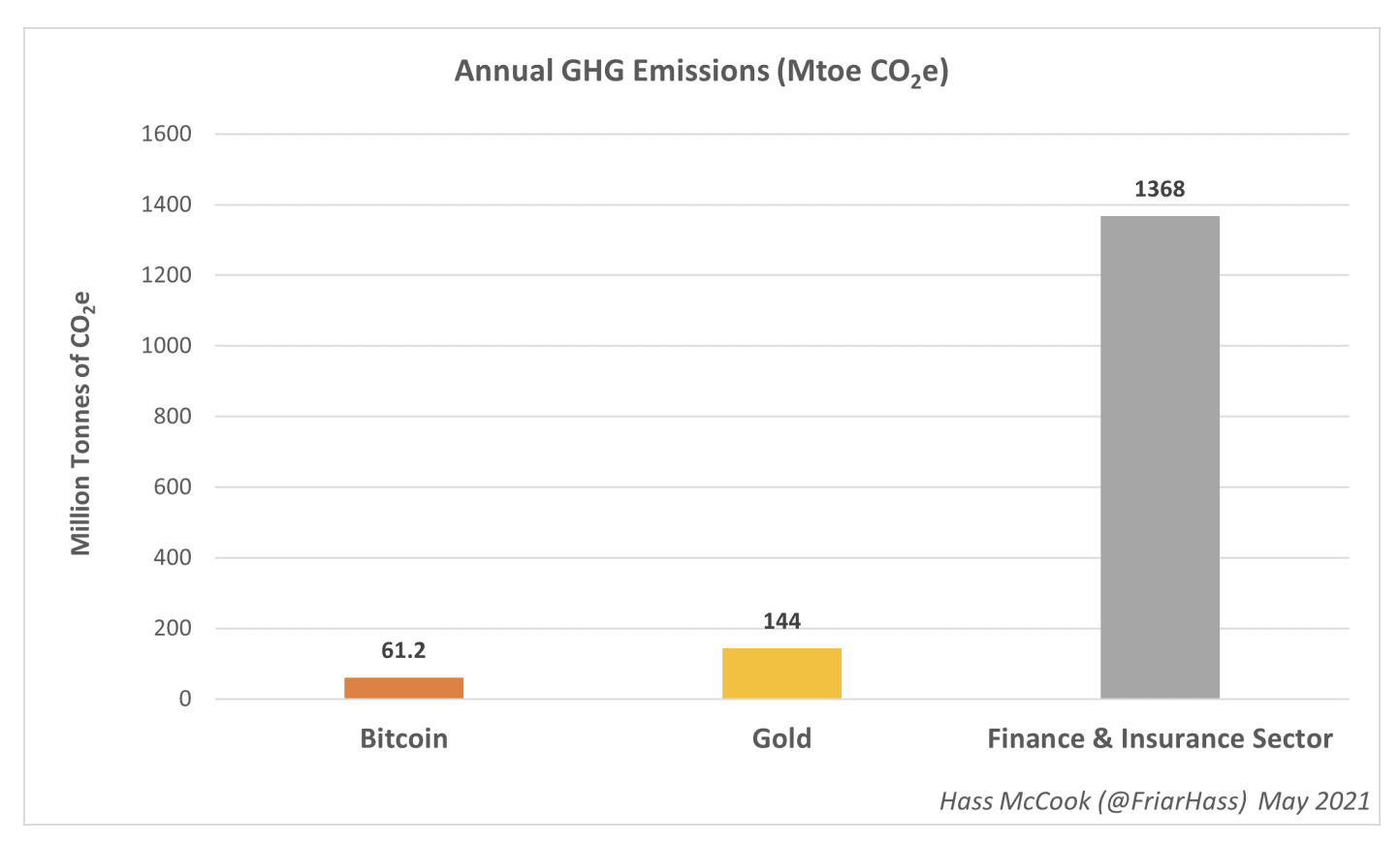The Ethereum Cancun upgrade is a pivotal milestone in Ethereum's ongoing evolution as it strives to enhance scalability, efficiency, and overall performance.
Scheduled after the Shanghai upgrade, which introduced staking withdrawals in 2023, Cancun focuses on improving Ethereum's data storage and processing capabilities, primarily targeting scalability for rollups and Layer 2 solutions.
This article delves into the details of the Cancun upgrade, its key features, technical components, and its broader implications for Ethereum and the decentralized ecosystem.
1. Background: Why Cancun?
Ethereum's popularity has led to challenges such as:
- Scalability issues: The network often becomes congested, leading to high transaction fees.
- Rollup reliance: Ethereum's Layer 2 rollups, like Arbitrum and Optimism, depend on efficient data availability (DA), which the base layer currently struggles to support.
The Cancun upgrade is part of Ethereum's roadmap, focusing on proto-danksharding, a precursor to full danksharding. It introduces mechanisms to improve rollups' efficiency by addressing data availability concerns and reducing costs.
2. Key Features of the Cancun Upgrade
2.1 Proto-Danksharding (EIP-4844)
Proto-danksharding, or EIP-4844, is the flagship feature of Cancun. It introduces a new type of transaction called blob-carrying transactions, specifically designed to handle large volumes of data more efficiently.
What Are Blobs?
- Blobs are large data chunks that rollups can use to store transaction data off-chain.
- These blobs are not accessible to Ethereum's execution layer but are critical for Layer 2 solutions.
- By introducing blobs, EIP-4844 significantly reduces the cost of rollup transactions, making Layer 2 solutions cheaper and more efficient.
Benefits of Proto-Danksharding
- Lower Rollup Costs: Rollup fees are primarily influenced by data availability costs. Blobs dramatically reduce these costs.
- Improved Scalability: Allows the Ethereum base layer to handle more transactions without increasing congestion.
- Preparation for Full Danksharding: Proto-danksharding lays the groundwork for Ethereum's future scalability improvements.
2.2 Other EIPs in Cancun
While proto-danksharding is the centerpiece, other Ethereum Improvement Proposals (EIPs) are expected to be included:
EIP-6780: SELFDESTRUCT Changes
- Alters the behavior of the
SELFDESTRUCTopcode, which has historically been a source of complications and potential vulnerabilities. - This change makes the opcode safer and more predictable.
EIP-1153: Transient Storage
- Introduces transient storage, a temporary storage mechanism for smart contracts.
- Reduces gas costs and improves efficiency for certain smart contract operations.
EIP-6475: SSZ Format for Beacon Blocks
- Adopts the Simple Serialize (SSZ) format for beacon chain blocks, aligning with Ethereum's shift toward SSZ as a standard serialization method.
3. Technical Innovations in Proto-Danksharding
Proto-danksharding introduces several innovations to achieve its goals:
3.1 KZG Commitments
- KZG (Kate-Zaverucha-Goldberg) commitments are cryptographic proofs used to ensure that blobs are stored and available without directly accessing their contents.
- These commitments allow Ethereum to validate the presence of data efficiently, paving the way for scalable sharding solutions.
3.2 Separation of Blob Data
- Blob data is not directly stored in Ethereum's execution layer or state. Instead, it is treated as ephemeral data used by rollups.
- This design minimizes the load on Ethereum nodes and prevents the state from bloating.
3.3 Gas Cost Adjustments
- EIP-4844 introduces new gas rules for blob transactions, ensuring their costs are predictable and affordable, even under heavy network usage.
4. Implications of the Cancun Upgrade
4.1 For Layer 2 Solutions
- The Cancun upgrade is a game-changer for rollups like Optimism, Arbitrum, and zkSync. By reducing data availability costs, rollups can offer cheaper and faster transactions.
- It encourages further adoption of Layer 2 solutions as the primary scalability mechanism for Ethereum.
4.2 For Decentralized Applications (DApps)
- Lower fees on Layer 2 networks translate to more affordable interactions with DApps, enhancing user experience.
- Developers can leverage the improved infrastructure to build more complex and resource-intensive applications.
4.3 For Ethereum's Long-Term Roadmap
- Cancun is a crucial step toward Ethereum’s transition to danksharding, the ultimate goal for scalability.
- It reinforces Ethereum's position as the most robust and scalable blockchain for smart contracts and decentralized finance.
5. Challenges and Considerations
While the Cancun upgrade brings significant benefits, it also poses challenges:
5.1 Implementation Complexity
- Introducing new cryptographic techniques like KZG commitments requires thorough testing and community adoption.
5.2 Node Operator Requirements
- Blob transactions and the separation of blob data add complexity to node operation and maintenance.
5.3 Ecosystem Readiness
- The success of Cancun depends on the readiness of Layer 2 solutions and DApp developers to adopt the new features.
6. Conclusion
The Ethereum Cancun upgrade marks a significant leap in Ethereum’s scalability journey. By introducing proto-danksharding and other critical improvements, Cancun addresses pressing challenges in data availability and rollup efficiency. It sets the stage for a more scalable, cost-effective, and developer-friendly Ethereum ecosystem.
As the upgrade rolls out, its impact will likely accelerate Ethereum's adoption and solidify its position as the leading platform for decentralized applications. For developers, users, and stakeholders, Cancun is a promising step toward the future of a more accessible and powerful Ethereum network.
7. Additional Resources
- EIP-4844: Shard Blob Transactions
- Ethereum Foundation Blog: Updates on Ethereum’s roadmap.
- Community forums like EthResearch for technical discussions.
With Cancun, Ethereum continues to lead the blockchain space, bringing the dream of a decentralized, scalable world closer to reality.



